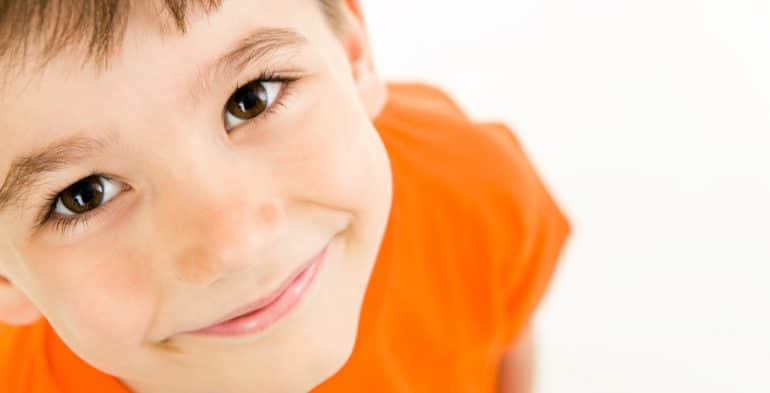
You may be wondering—do children have memory in every sense of the term? Why do they forget so much and remember other things of “little importance”? And how do we train them later to memorize and remember?
The question about how memory develops in children may be among the most important questions for parents who want their child’s senses to develop safely.
It’s certain that children under age two have a memory in which colors, faces, and scenes have imprinted themselves, albeit for just a while. Their memory is short but present, and it gradually gets stronger as they grow.
It’s also certain that it’s not possible to speak of long-term memory in the proper sense of the term before the child turns three, i.e. when they become able to verbalize what they’ve experienced.
At this age, a child’s memories are like photographs: full of emotions and feelings.
But can parents help a child keep just their positive and beautiful memories?
- Of course not. But they can always make efforts to give their child beautiful memories. It’s not known how the child chooses which events to store as images in their memory. If parents go with their child on a family trip to a wonderful waterfall at the top of a mountain, two years later they may only remember the distance they drove and the things they saw on the road!
- So the amazing and wonderful things for parents may not be the same for the child. In other words, the parents don’t decide which memories to give their child.
- They can help their child to develop interesting and happy memories, however, and to remember beautiful things more than others, by encouraging them to describe what happened to them, which makes them relive the adventure. By extension, just telling the story will help you store the scenes away in your child’s memory for a long time.
- Parents themselves can recount the events that accompanied the trip with descriptive images, which stimulates the child’s memory to retain what they hear. The constant dialogue with the child about their daily affairs can enrich and develop their memory.
In all cases, the development of memory doesn’t start before the child is able to verbalize what they’ve experienced and seen, i.e. beginning at age two and above. When they verbally explain what they saw or experienced, they will be better able to remember the event later.








